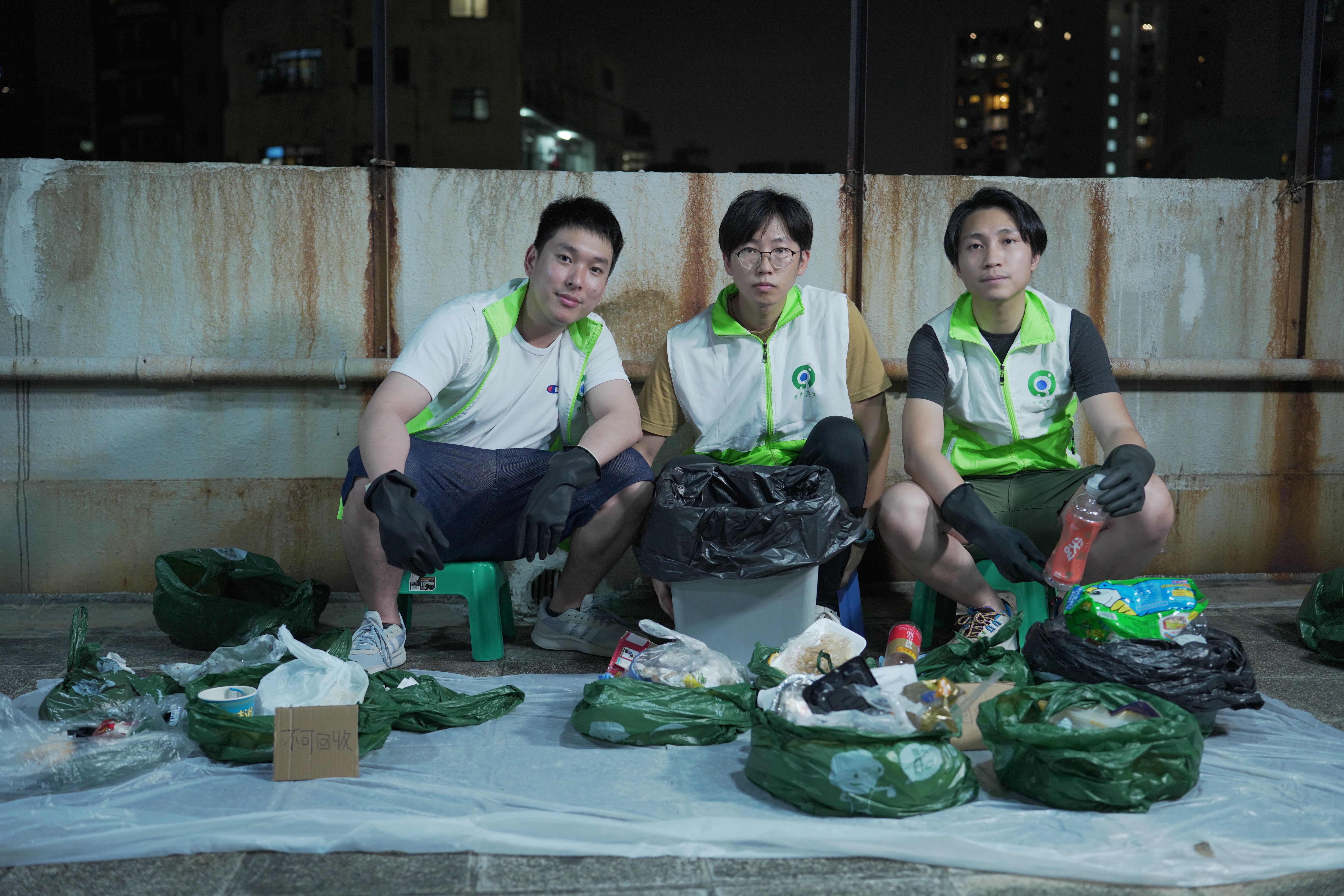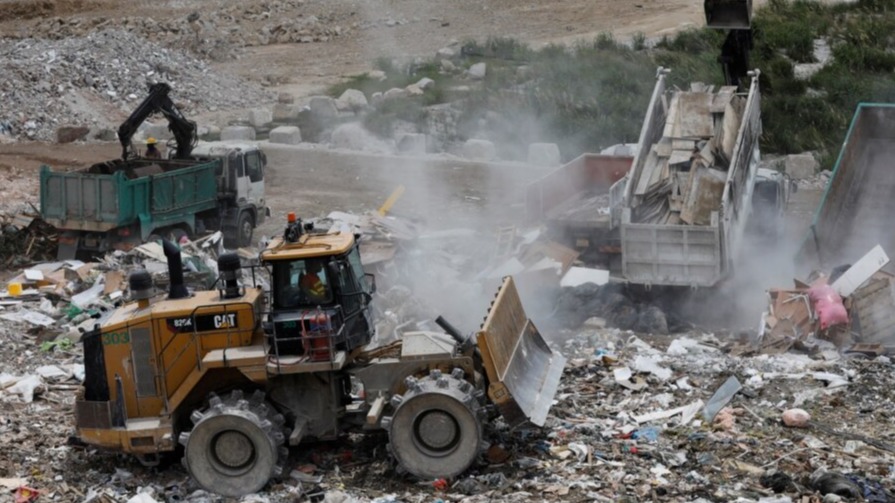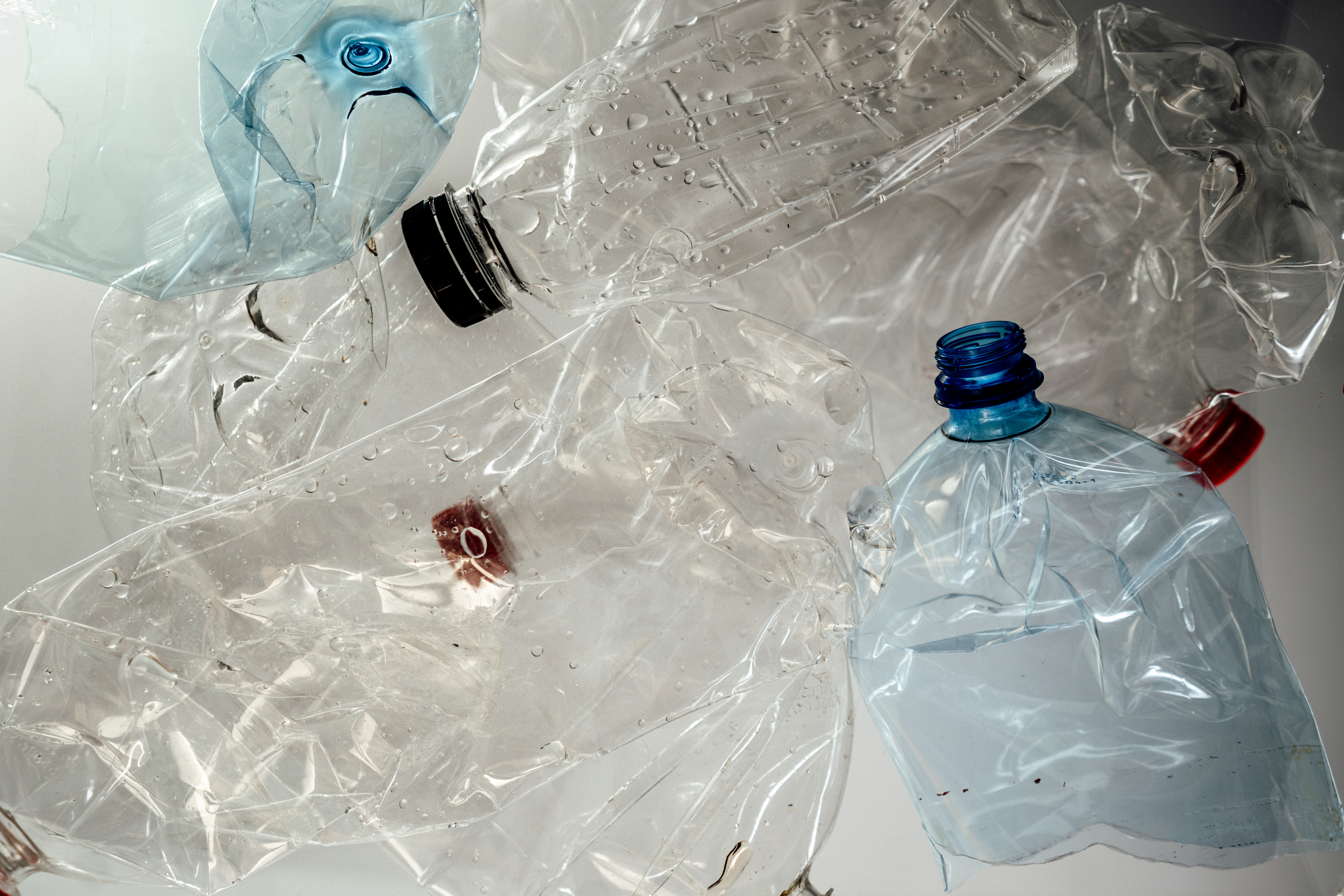How Hong Kong’s Already-Serious Waste Problem Has Got Worse During The Pandemic
 19 Dec 2021
19 Dec 2021
- Category
- Keywords
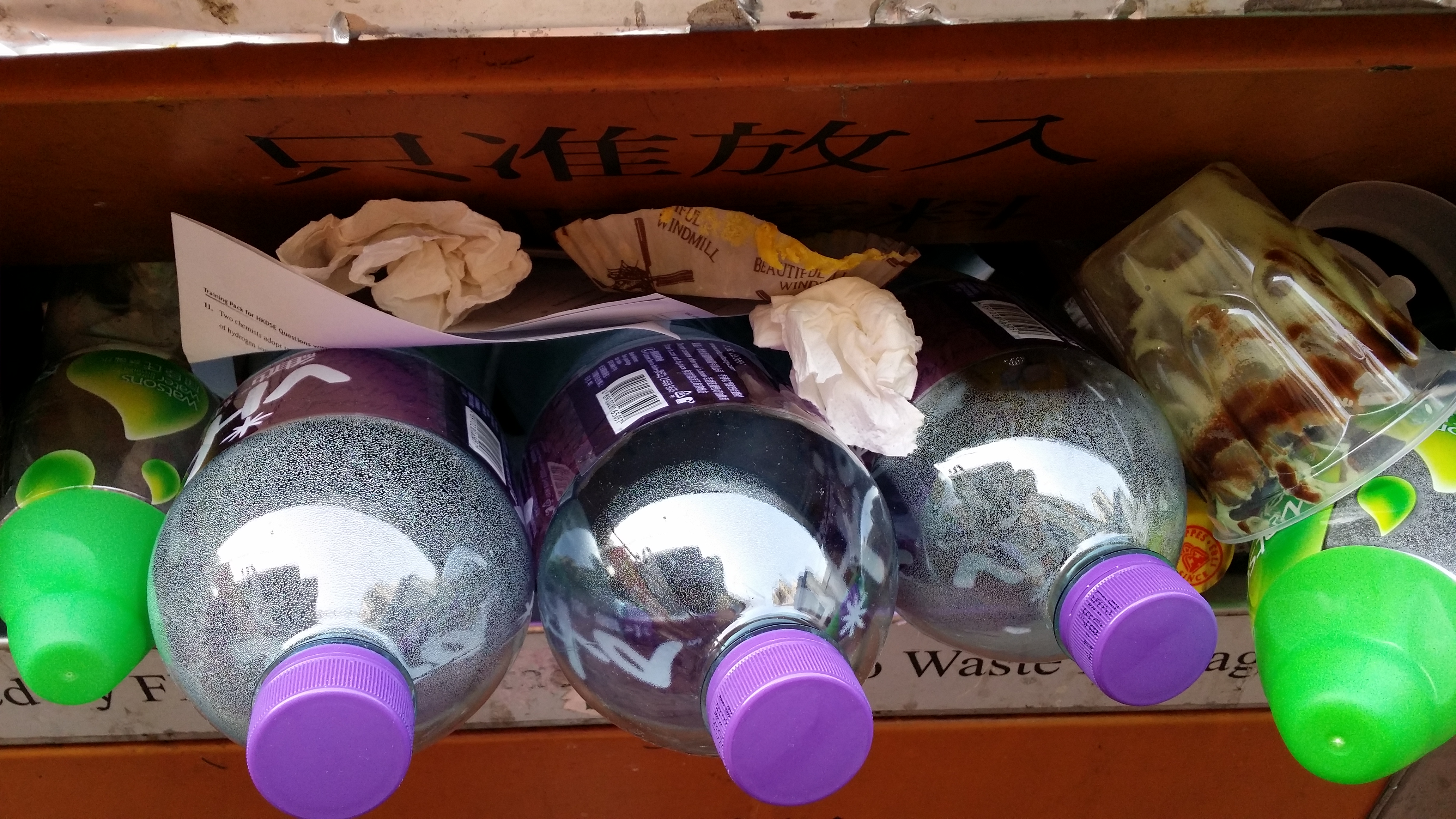
As use of plastic dining utensils spiked in 2020 due to Covid-19, recycling rates dropped to their lowest levels since 1997
Given that 7 per cent of Hong Kong’s carbon emissions come from landfills, reducing and recycling waste has to be a priority to achieve carbon neutrality by 2050
(19 Dec 2021 SCMP) When the new Legislative Council term begins, conducting a thorough examination of waste management policy should be top of the agenda. The figures in the newly released report, Monitoring on Solid Waste for 2020, are disappointing, to say the least.
The report shows that Hong Kong’s waste problem has worsened over the past year. And, with almost all large-scale activities suspended due to the coronavirus pandemic, essential policies and actions such as municipal waste charging and promotion for waste avoidance at source have yet to be rolled out.
The daily amount of municipal solid waste sent to landfills dropped by 2.2 per cent last year compared to 2019, but the overall recycling rate has also dropped – to a new low of 28 per cent. This is the second time since 1997 that the recycling rate has fallen below 30 per cent.
As such, questions should be asked about our recycling systems, both those provided by the government in public spaces and those managed by businesses in private spaces.
Recycling facilities at private venues usually look better than the public recycling bins. But whether the back end recycling operations are truly reliable is worthy of investigation.
Overall, food waste has been reduced by 2.9 per cent. However, while food waste generated from the commercial and industrial sector has dropped by 27 per cent, waste from the domestic sector has increased by 8.35 per cent. This is a predictable outcome given the restrictions on in-restaurant dining.
Hong Kong’s first food waste treatment facility, located in Siu Ho Wan, is designed to deal with commercial and industrial food waste, but has never operated at its full capacity of 200 tonnes a day. Why does the government not make use of the spare capacity to treat domestic food waste?
Seven per cent of the city’s carbon emissions come from landfills. Allowing food waste to decay in landfills creates methane, a potent greenhouse gas. More food waste should be diverted to the treatment facility to generate biogas for zero-carbon electricity. Failing to do that seems contrary to the city’s goal of being carbon neutral by 2050.
Another predictable outcome arising from the Covid-19 safety measures is the huge increase in single-use plastic dining utensils from takeaways.
The amount of plastic and foam dining waste generated in the domestic sector increased by nearly 49 per cent. Also, several outlets suspended their practice of allowing customers to buy takeaways using their own reusable containers.
If we rely on the government to regulate environmentally harmful utensils, we will be waiting a long time; according to the government plan, the first phase of banning foam or plastic dining utensils will not be until 2025 at the earliest.
Meanwhile, the excessive use of plastic bags in Hong Kong has been a serious problem for decades. The environmental levy scheme for plastic shopping bags enacted in 2009 aimed to address the problem. Initially, there was a significant drop in use, but that has not been sustained.
Last year, 804 tons of plastic bags were sent to landfills every day, an increase of 4.7 per cent from 2019. Environment Minister Wong Kam-sing told the media in 2019 that his bureau would review the bag levy scheme in 2020. Unfortunately, this was delayed as it became an item under the Public Engagement on Control of Single-use Plastics, which is due to be concluded on December 29.
Today, you won’t find brand names printed on plastic bags distributed by supermarkets. So it is even harder to monitor if chain stores are doing their best to minimise bag usage.
In previous government reports, the amount of polyethylene terephthalate (PET) drink bottles being disposed of was shown clearly. But such data can no longer be found, as the 2020 report shows only the overall amount of discarded plastic bottles.
This change will inevitably ease the pressure on drink producers because the public won’t be able to trace the year-on-year figures.
Before the COP26 summit in Glasgow, British Prime Minister Boris Johnson told a group of children that recycling plastic materials is “not the answer” to threats to the planet. Instead, he advised people to cut down on their use of plastic.
Here in Hong Kong, I urge businesses to revive the waste-free “use and return” model to slash waste at source.
Edwin Lau
Executive Director, The Green Earth
19 Dec 2021 SCMP


 Green Talks
Green Talks 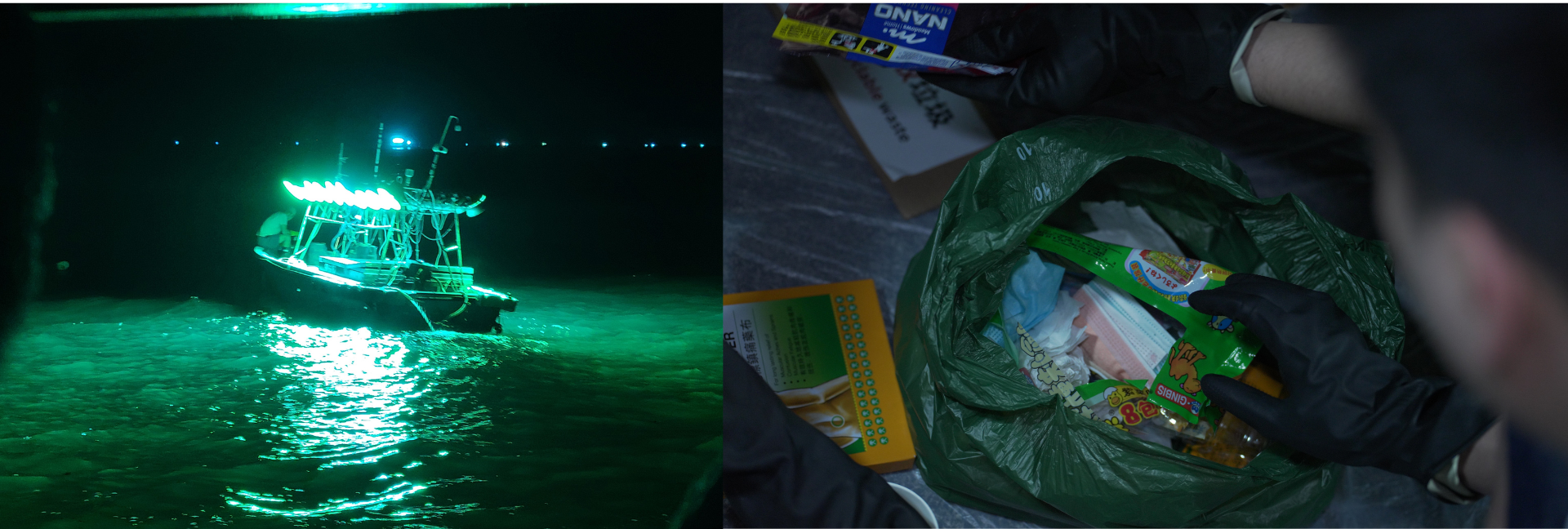

 Back
Back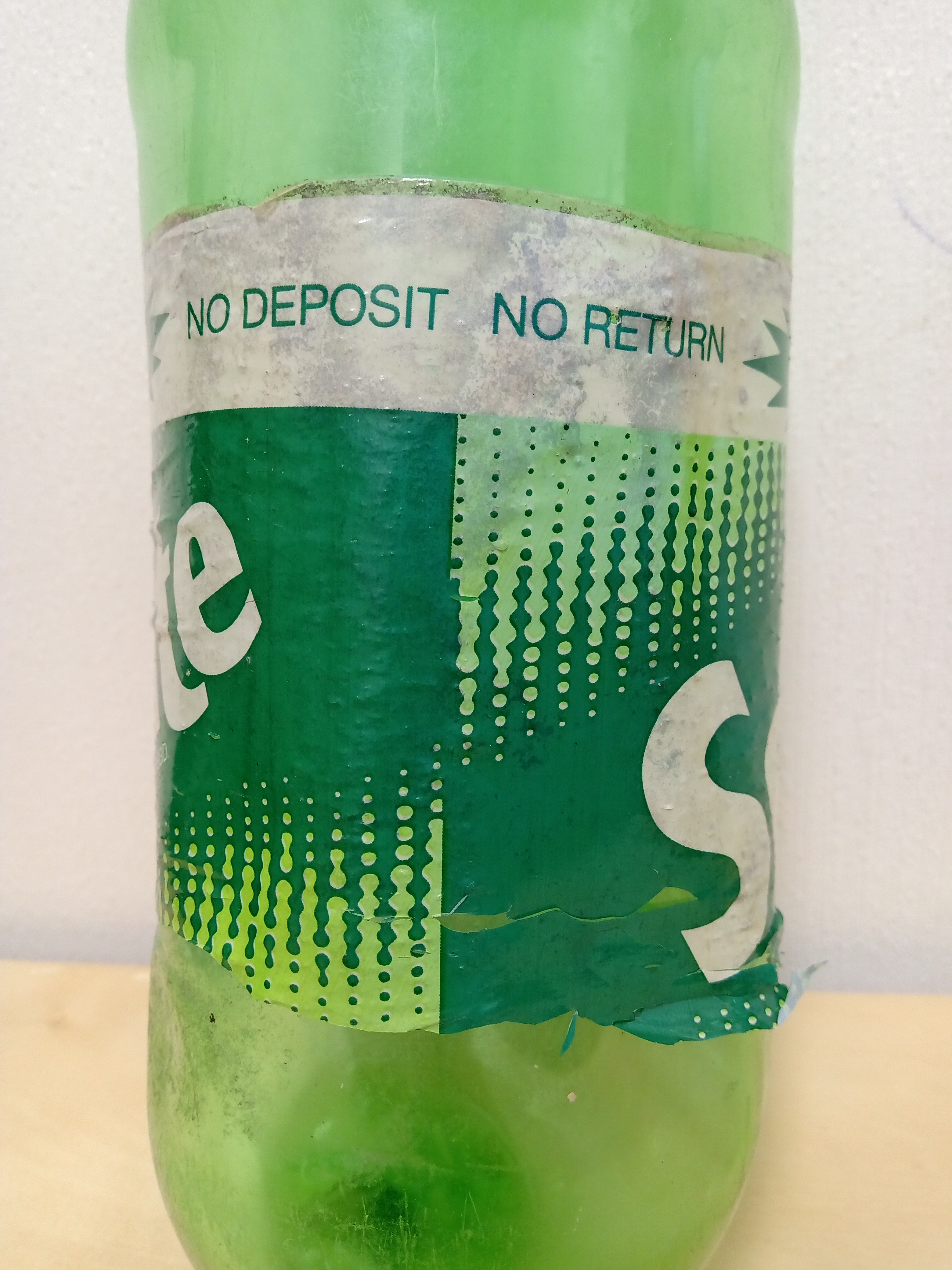
 20 Feb 2021
20 Feb 2021
